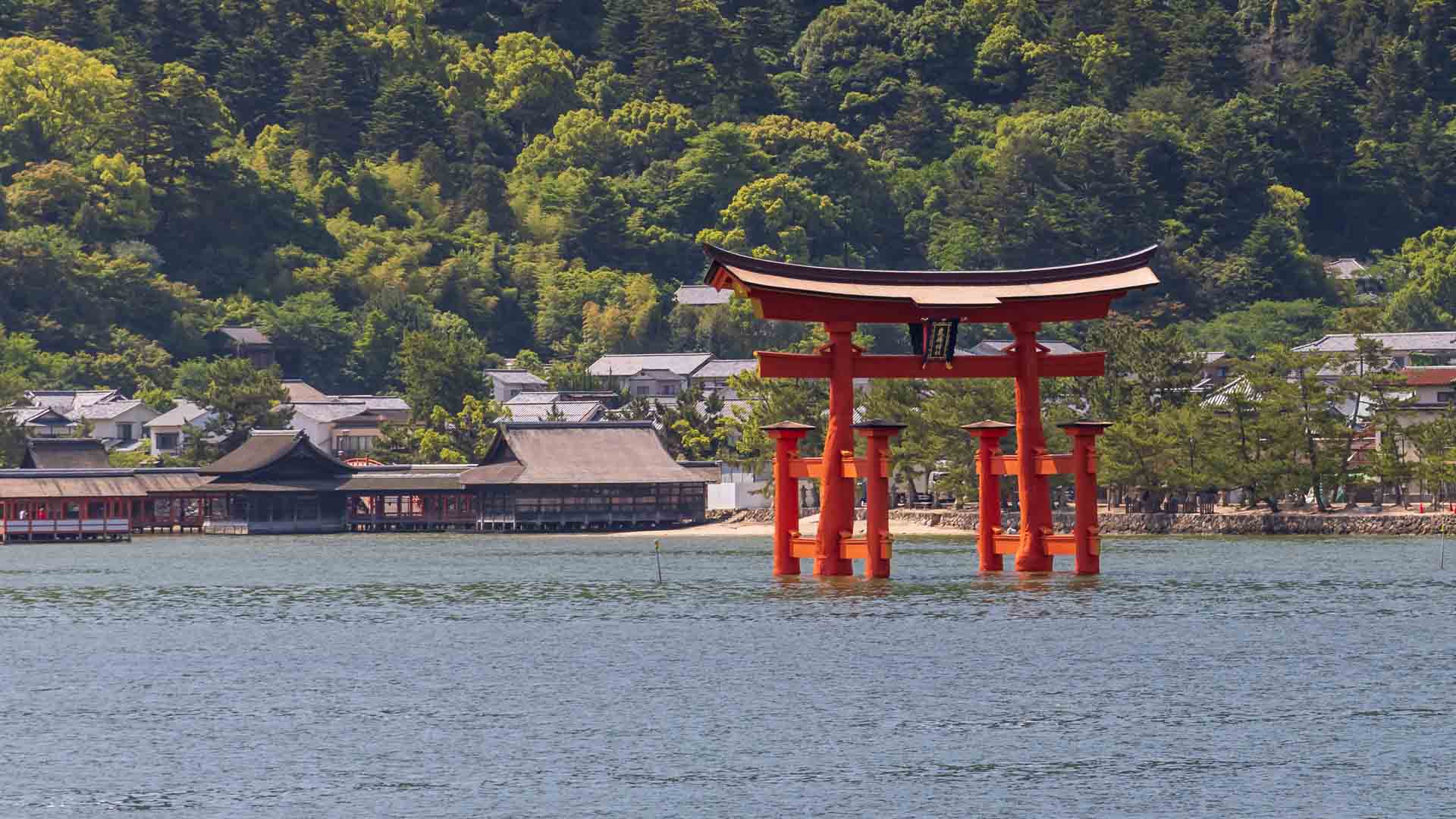
JAPAN, THE ISLAND NATION
“In Japanese, we have a word for those feelings that are too deep for words: Yugen. Yugen gives us a profound sense of the beauty and mystery of the universe.” — Dr Qing Li
Japan is an island nation that fascinated me since my early childhood. I had a porcelain Japanese geisha doll I used to play with and it had always mesmerized me. I think we got it from my grandmother’s older sister, Lisa, who was a doctor during the war. I still do not know how she got it, and it remains a mystery as that generation is long gone and I cannot ask. I feel that Japan as a whole remains a mystery to me, even though we spent months planning and preparing for this trip, studying their history and culture, and spending two weeks there with our excellent Japanese volunteer guides, who were incredibly gracious and welcoming. How was it possible that this sophisticated and humble nation was able to cause such enormous suffering to both themselves and others but was also able to completely rethink its role in the world and turn towards peace and prosperity on such a scale?
We saw terrific gardens, lush mountains, and beautiful shrines everywhere. We were really impressed by the lovely people who were always eager to help and please, despite the language and cultural barriers that were not easy to overcome. You could always be sure that trains would leave precisely on time (the average delay is less than one minute per year), that your guides would never be late, and that they would always bring your shoes (and not anybody else’s at the ryokan, which is a traditional Japanese inn and a must to experience if you ever go there). In traditional Japanese ryokan and Japanese houses, you always have to take off your shoes at the door.
Japan’s numerous castles and imperial palaces, as well as the colors, textures, and flavors of the kaiseki feasts (another must), will fascinate you. Ancient cities (1200-year-old Kyoto and a much younger but no less impressive Kanazawa with its three geisha districts and one of the most beautiful gardens in Japan), the misty and lush Japanese Alps, modern Tokyo that was destroyed and rebuilt after the Second World War, Hiroshima that literally rose from the ashes, and the unforgettable island of Miyajima with its floating Itsukushima shrine, the onsens (hot springs that let you feel part of nature)—all this and more would leave you spellbound and wanting more. 7000 islands, some of which lie in the subarctic and some in the subtropics, are another amazing feature that lets you ski in Hokkaido in March and swim in Okinawa at the same time of the year. Unfortunately, we only had time to visit Kumamoto on the subtropical island of Kyushu with its amazing garden and a castle on a day trip from Hiroshima, while most of our time was spent on the main island of Honshu.
Japan was settled by people from the Asian continent about 35,000 years ago. It went through periods of isolation and expansion, stability and turmoil, destruction and rebirth. Some of its most unique features like samurai and geisha culture were born during the period of unification followed by an almost complete isolation from much of the western world. The battle for unification was long and bloody but it also resulted in a long period of peace and stability.
Those looking for a deeper insight into Japan’s history should check out the link below:
https://www.thoughtco.com/japan-facts-and-history-195581
Ryokan Rules:
https://www.japaneseguesthouses.com/ryokan-customs/
Ryokans versus hotels: